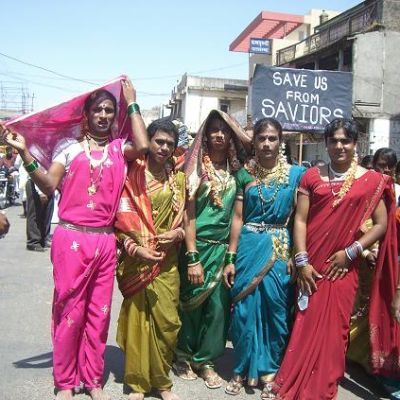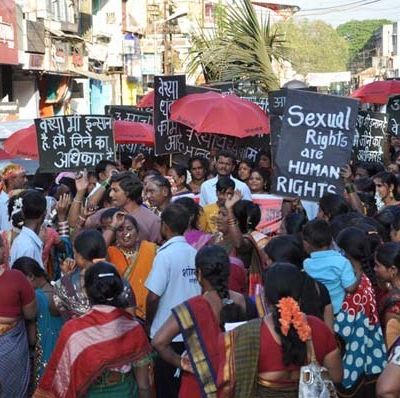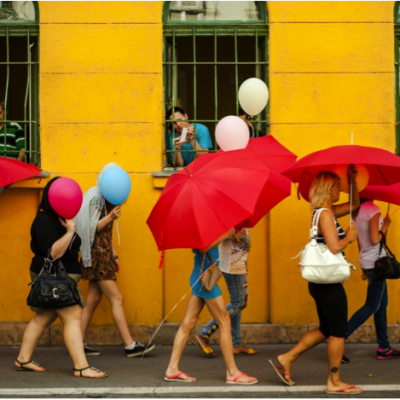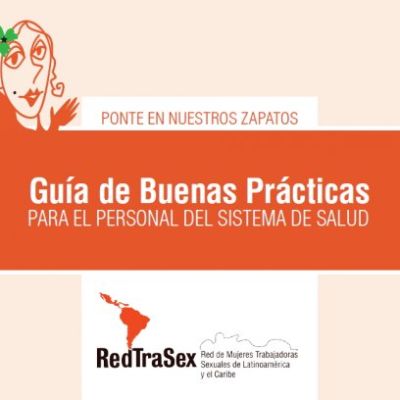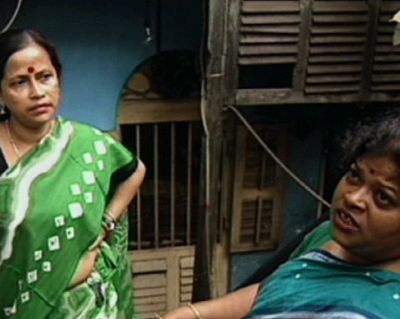Sex Work and Sexuality
अनीता जो महाराष्ट्र में एक देवदासी हैं, के इस आत्म कथ्य से पता चलता है कि सहमति और हिंसा के मुद्दे हमेशा स्पष्ट और सीधे रूप में सामने नहीं आते। अनीता का कथ्य बताता है कि जीवन की कई परिस्थितियों में वो अपना रास्ता खुद मर्ज़ी अनुसार चुन पाई हैं ।
किसी व्यस्क व्यक्ति द्वारा अपनी इच्छा से पैसों के भुगतान के बदले दी जाने वाली यौन सेवाओं को सेक्स वर्क (यौन कर्म या आम बोलचाल की भाषा में धंधा करना) कहते हैं। सेक्स वर्क की इस परिभाषा का कौन सा भाग ‘काम’ के बारे में हमारी सोच का उल्लंघन करता है? क्या पैसे के बदले दी जाने वाली सेवाएं? या फिर किसी व्यस्क व्यक्ति द्वारा पैसे के बदले दी जाने वाली सेवा? या, वयस्कों द्वारा आपसी सहमति से पैसे के बदले दी जाने वाली सेवा?
सम्पादकीय नोट : इस लेख का पहला भाग अप्रैल के पहले संस्करण में प्रकाशित हुआ था सेक्स वर्कर के अधिकारों…
Abortion and sex work share the distinction of being topics on which even feminist activists sometimes find it difficult to remain non-judgmental, confronting feminists with the question: to what lengths are we really willing to go to respect and enable women’s choices and bodily autonomy?
Sex work remains a highly contested issue. In most places in the world, societies and laws impose horrendous stigma and abuses on sex workers. But even within human rights movements there are disputes about whether sex work should be seen as labour or as exploitation…
“How different it would be if for a moment health care providers could feel what we feel when we go to a hospital and are challenged…”
And so, the women sex workers of RedTraSex (Network of Women Sex Workers from Latin America and the Caribbean) developed Ponte en Nuestros Zapatos (re-edited 2015). Now, reaching out to a wider community, is the brand new English version Walk in our Shoes: Good Practices Guide for Health Care Staff (2016, translated by Alejandra Sardá-Chandiramani). Yes, it is so brand new that it is not up on their website as yet, though we have permission to use it here.
Imtiaz Ali’s 5-minute film begins as any trite gangster flick but rapidly flips things around both in narrative and in audience perception.
“‘Dhandewali’s must smoke; paan is a must; a ‘dhandewali’ can never escape her identity; ‘dhandewali’s must dress ‘differently’… Spanning over 6 decades of Bollywood cinema, ‘Zinda Laash’ highlights how very little has changed across the ages when it comes to the industry’s representation of women in prostitution. Humorously drawing attention to stereotypes, while poignantly highlighting myths, ‘Zinda Laash’ is a tribute to every sex worker who is not recognised as a woman or a human being.”
Not only has evolving discourse on sexuality influenced the fate of how sex work is understood, but also with the growth of sex workers’ rights movements, discourses on sex work are now being able to influence how we think about sexuality. In our issues on Sex Work and Sexuality this month, we hope to be able to traverse some of these convergences.
A discussion between sex workers of different ages, work contexts and backgrounds at the Empower Foundation centre in Chiang Mai, Thailand.
The fight for an end to discrimination and violence against sex workers in Cambodia, as in many other parts of the world, has a long way to go.
Note: Five sex workers – four women and one man – along with the filmmaker/narrator embark on a journey of storytelling. Shohini Ghosh’s Tales of the Night Fairies explores the power of collective organising and resistance while reflecting upon contemporary debates around sex work. The labyrinthine city of Kolkata (Calcutta) forms the backdrop for personal and musical journeys.
Sex workers also are renowned for being educators – teaching people about safer sex practices and letting them explore their sexual expression in a safe and supportive environment. Seeing a sex worker can assist in one’s rehabilitation, allowing people to rediscover their sexual functioning after an accident and also learn to adapt to new sexual positioning with their new limited mobility.
I’m convinced we’re having the wrong conversation around digital porn. If we really want to have a meaningful conversation around porn, it’s time we stopped talking about its imagined harms. It’s time we started talking about actual harms. It’s time we started talking about the fault lines of consent.
Special Court No. 54 is a hall filled with whizzing ceiling fans. When the magistrate enters or exits, people rise to bow. Lawyers in black coats and white pants or saree/suit, sit at a long desk in plastic chairs a level below the magistrate with a clutch of researchers like myself, and anti-trafficking missionaries who “rescue fallen women”.

